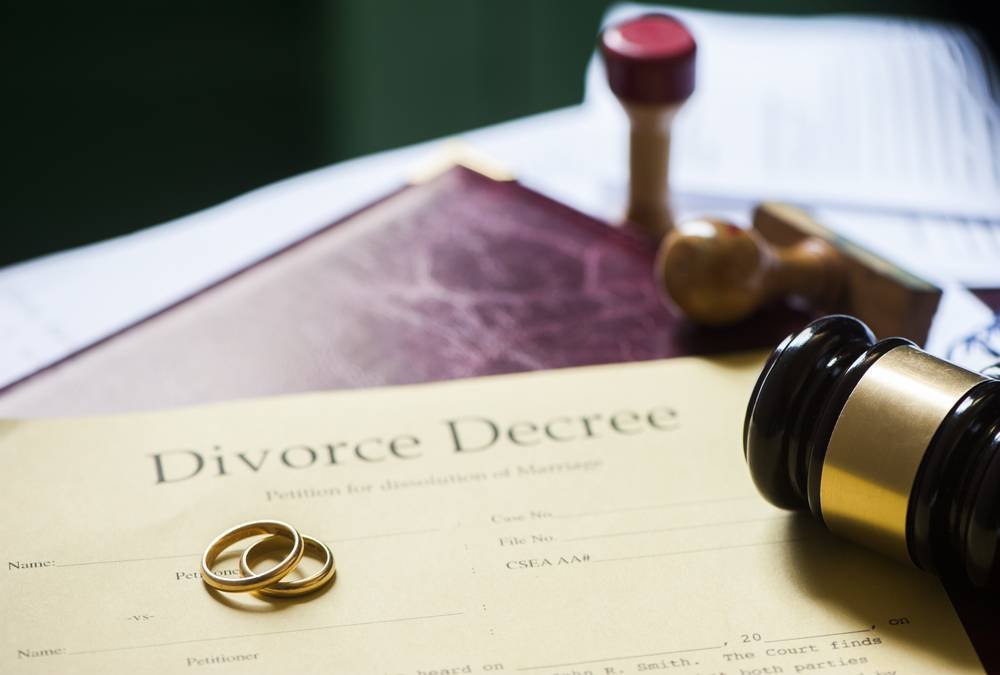Divorce is a complex and emotionally charged process, and navigating the legal landscape can be daunting, especially with misconceptions clouding understanding. In New Jersey, divorce law is governed by specific statutes and precedents, but many misconceptions persist. Let’s debunk ten common myths surrounding New Jersey divorce law to provide clarity and accurate information for those facing this challenging situation.
1. Adultery Always Affects Alimony and Child Custody
While adultery can influence divorce proceedings, New Jersey is a “no-fault” divorce state. This means that the court typically does not consider fault when awarding alimony or determining child custody. Instead, it focuses on equitable distribution of assets and the best interests of the child.
2. Mothers Always Get Custody of Children
New Jersey courts prioritize the best interests of the child when determining custody arrangements. While mothers historically received primary custody, modern courts aim for shared custody arrangements that consider each parent’s ability to provide a stable environment and foster a healthy relationship with the child.
3. Divorce Always Involves Lengthy Court Battles
While some divorces require litigation, many couples opt for alternative dispute resolution methods like mediation or collaborative divorce to expedite divorce process. These approaches can save time, money, and emotional stress by fostering cooperation and reaching mutually acceptable agreements outside of court.
4. Property Division Is Always a 50/50 Split
New Jersey follows the principle of equitable distribution, which means that marital assets are divided fairly but not necessarily equally. Factors such as each spouse’s contributions to the marriage, earning capacity, and financial needs are considered to determine a fair distribution of property.
5. Pre-nuptial Agreements Are Always Enforceable
While pre-nuptial agreements are generally enforceable in New Jersey, they must meet certain legal requirements to be valid. For example, both parties must fully disclose their financial information, and the agreement must be entered into voluntarily without coercion or duress.
6. Child Support Ends When the Child Turns 18
In New Jersey, child support typically continues until the child reaches the age of majority, which is 18. However, support may extend beyond this age if the child is still in high school, attending college, or has special needs that require ongoing financial support.
7. Divorce Always Leads to Financial Ruin
While divorce can have significant financial implications, careful planning and negotiation can mitigate its impact. Working with experienced attorneys and financial advisors can help spouses protect their assets, minimize tax liabilities, and secure a stable financial future post-divorce.
8. You Must Have Grounds for Divorce
New Jersey allows for both fault-based and no-fault divorces. While fault grounds like adultery or abandonment can be cited, most divorces are based on irreconcilable differences, making New Jersey a no-fault divorce state.
9. Divorce Always Requires a Lengthy Waiting Period
While some states impose waiting periods before granting a divorce, New Jersey does not have a mandatory waiting period. After filing for divorce, the process can move forward without unnecessary delays.
10. Divorce Always Leads to Bitterness and Hostility
While divorce can be emotionally challenging, it doesn’t have to be acrimonious. Couples who approach divorce with a willingness to cooperate and compromise can achieve amicable resolutions that prioritize their well-being and that of their children.
In conclusion, understanding the realities of New Jersey divorce law is crucial for anyone navigating the dissolution of their marriage. By debunking common misconceptions and seeking guidance from experienced legal professionals, individuals can make informed decisions and pursue divorce with confidence, clarity, and compassion.


